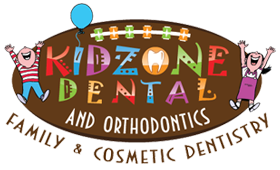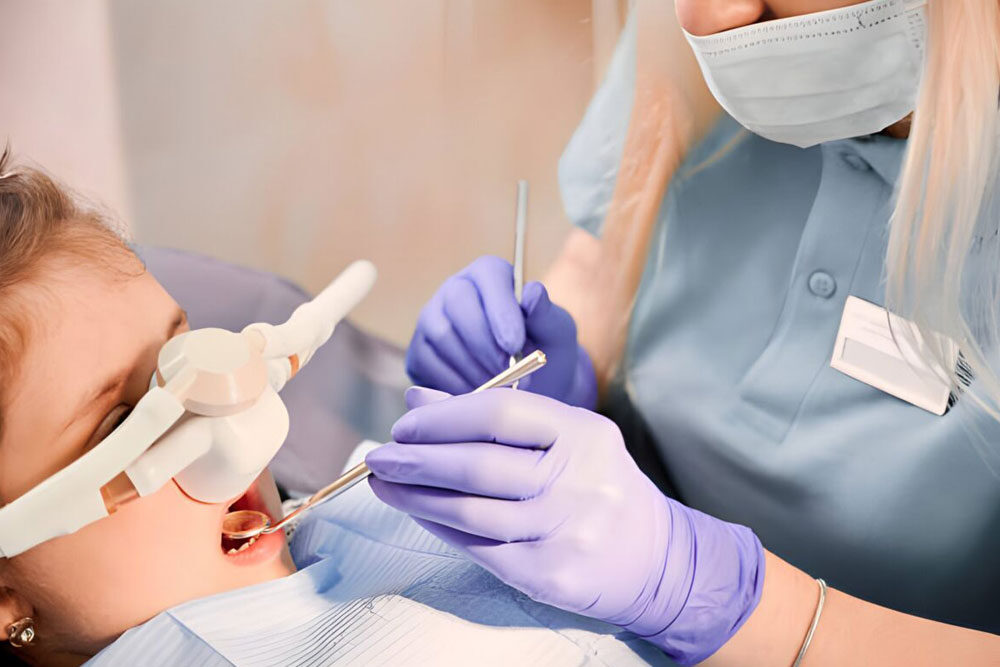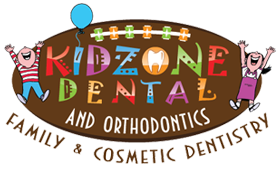Top 5 Benefits of Sedation Dentistry
Sedation dentistry offers a solution for those who experience dental anxiety or discomfort. By incorporating medication into the treatment plan, sedation dentistry helps patients feel relaxed and calm before, during, and sometimes after dental procedures. This approach allows for a more positive dental experience, making it easier to maintain optimal oral health. If you’re considering sedation dentistry, understanding its benefits is crucial.
What is Sedation Dentistry?
Sedation dentistry involves the use of medication to help patients relax during dental procedures. It’s sometimes referred to as “sleep dentistry,” although that’s not entirely accurate since most patients are awake except those under general anesthesia. Sedation dentistry is a suitable option for people who experience fear or anxiety about visiting the dentist, have a low pain threshold, struggle with a strong gag reflex, or need extensive dental work done in a single visit.
How Sedation Dentistry Works
Sedation dentistry typically involves the administration of a sedative medication, which can be inhaled, taken orally, or delivered intravenously. The type of sedation used depends on the patient’s needs and the nature of the dental procedure. The sedative helps to calm the central nervous system, reducing anxiety and discomfort, and allowing the dentist to perform the necessary procedures with the patient in a relaxed state.
5 Key Benefits of Sedation Dentistry
Reduction of Anxiety
One of the most significant benefits of sedation dentistry is the reduction of anxiety. Dental anxiety can prevent people from seeking necessary dental care, leading to more serious health problems. Sedation helps calm these fears, making it easier for patients to receive the care they need.
Pain Management
Sedation dentistry is particularly effective in managing pain. For patients with a low pain threshold, sedation can make procedures virtually pain-free, ensuring a more comfortable experience.
Gag Reflex Control
A sensitive gag reflex can make dental procedures challenging and uncomfortable. Sedation helps relax the muscles that control the gag reflex, allowing the dentist to work more efficiently and comfortably.
Time Efficiency
With sedation, dentists can often perform multiple procedures in a single visit. This is especially beneficial for patients who require extensive work, as it reduces the number of visits needed and minimizes the time spent in the dental chair.
Improved Quality of Care
When patients are relaxed and comfortable, dentists can work more efficiently and effectively. This often results in higher quality dental work and a better overall experience for the patient.
Doses of Sedation
Minimal Sedation
Minimal sedation involves the patient being awake but in a relaxed state. This is often achieved with the use of nitrous oxide, commonly known as “laughing gas,” which helps patients feel more at ease.
Moderate Sedation
Moderate sedation, formerly known as “conscious sedation,” makes patients groggy and might make them slur their words. They may not remember much of the procedure. This level of sedation is often administered orally or through IV.
Deep Sedation
Deep sedation places the patient on the edge of consciousness. They can still be awakened, but they are generally unresponsive to stimuli.
Types of Sedation Methods
Oral Sedation
Oral sedation involves taking a prescribed medication, usually in pill form, before the dental procedure. It provides a moderate level of sedation, helping patients feel drowsy and relaxed.
IV Sedation
IV sedation is administered directly into the bloodstream, offering a deeper level of sedation. It works quickly and allows the dentist to adjust the level of sedation as needed.
Nitrous Oxide
Nitrous oxide, or laughing gas, is inhaled through a mask placed over the nose. It provides minimal to moderate sedation and wears off quickly, allowing patients to resume their normal activities soon after the procedure.
General Anesthesia
General anesthesia renders the patient completely unconscious during the procedure. It is usually reserved for extensive surgical procedures or patients who cannot tolerate other forms of sedation.
Sedation Dentistry for Children
Sedation dentistry can be particularly beneficial for children who experience anxiety or have difficulty sitting still during dental procedures. Pediatric dentists are trained to administer sedation safely to young patients, ensuring a positive dental experience.
Sedation Dentistry for Special Needs Patients
Patients with special needs (children and adults), including those with physical disabilities or cognitive impairments, can also benefit from sedation dentistry. It can make dental care more accessible and comfortable for these individuals, ensuring they receive the necessary treatment.
Sedation dentistry offers numerous benefits that can significantly improve your dental experience. By reducing anxiety, managing pain, controlling the gag reflex, improving time efficiency, and ensuring a higher quality of care, sedation dentistry makes it easier for patients to receive the dental treatment they need. Whether you experience dental anxiety, have a low pain threshold, or require extensive dental work, sedation dentistry can provide a more comfortable and positive experience.








